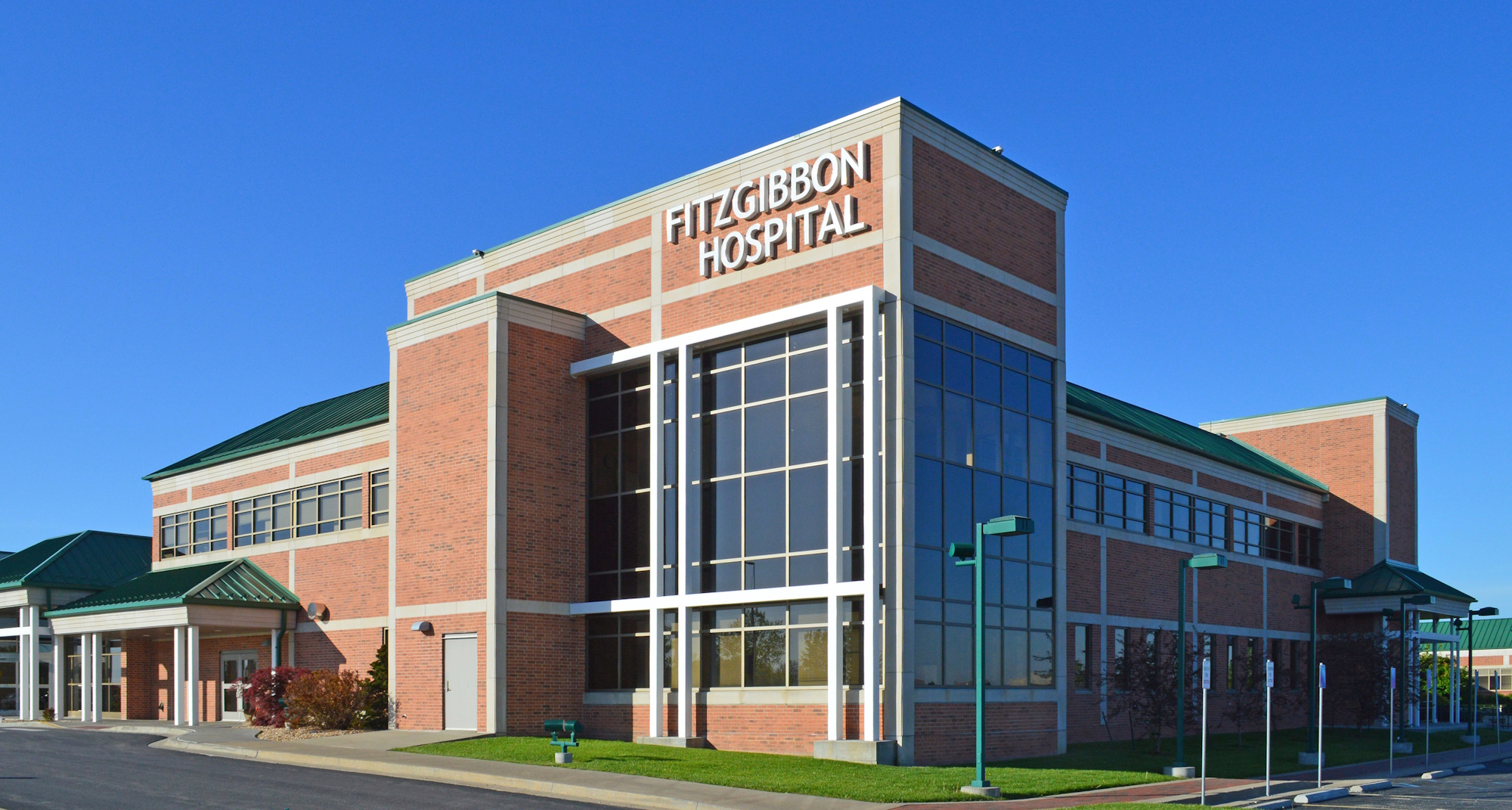Grief Recovery Begins August 1
July 20, 2022
People who are grieving the loss of a loved one, a marriage, a beloved pet or many other types of losses have a readily available program to help them move to a better place in their grief, thanks to Fitzgibbon Hospital’s Grief Recovery Program, which is made possible by the Fitzgibbon Mary Montgomery Hospice Memorial Fund.
The nine-week program begins with a community meeting for anyone who wants to learn more about grief and what the program entails. The first meeting will be from 6 to 7 p.m., Monday, August 1, in the classroom suite at Fitzgibbon Hospital. The program is completely free, including the book that is provided to each participant.
During the program, attendees who have experienced every type of grief will learn the tools needed to help heal their broken hearts. And once the tools are learned, they will be able to apply them to any type of grief they have had or will experience. The group is guided with a specific curriculum. Individuals split into small groups for discussion in every session. They are instructed to leave all judgments, analyses or comparisons out of the small group sessions so that a safe environment is created for all, regardless of the source of their grief.
“Since grief is a matter of the heart, not the mind, we have to move beyond simple knowledge and get to a place where we see how our experiences in the past and the present affect our grief,” said Board-Certified Chaplain Richard DeFord, who received special training in the Grief Recovery Method. “Often, as we work through these very powerful, very simple tools, we begin to see patterns in our lives that have deepened our grief. Many attend to focus and heal from one instance of grief. But they quickly come to realize that the pain they are experiencing is deepened because of previous instances that have not been properly dealt with.”
When someone has experienced the loss of a loved one, it can truly be hard to know what to say. The natural response to something that seems broken, like the heart of another person, is to “fix” it. But understanding that we do not have the ability to “fix” the hurt someone is feeling is the first step to truly being there for them. Offering your presence and your assurance that you are there for them as long as they need, without any judgment, can speak volumes more than any of the well-meaning comments listed above.
“There are many things we say because we want to be supportive, but ultimately our words can wound rather than heal,” said DeFord, who also serves as the chaplain for Fitzgibbon Mary Montgomery Hospice. “One of those myths is that ‘time heals all wounds.’ The fact is, time doesn’t heal all wounds. Over time, we may learn to adapt to a new normal. We may learn to think or respond differently. We may even learn to ‘get by.’ But when you lose someone that was such a big part of your life, it is like losing a part of you. That doesn’t just heal.”
Another often-said phrase by well-meaning people is that your loved one “is in a better place” after death. While that may be true, it is of little consolation when you really believe inside that the best place your loved one should be is by your side or in your home. Statements such as those can, at times, result in anger directed at God or other individuals who may or may not have had anything to do with the loss of the individual. It can also be seen as dismissive of the hurt someone is feeling, as if you are telling them, “You shouldn’t mourn, it is selfish. Your loved one is in a better place.”
“I truly believe that most people really want to offer consoling words because they feel helpless to make things better. But the problem is, when you are in the midst of grief, those words can feel very empty,” said DeFord.
If you are in the midst of grief and would like to learn tools to help you move through emotionally, Fitzgibbon Hospital’s free Grief Recovery Program runs Aug. 1 through Sept. 26 and consists of eight evening sessions. The group will not meet on Labor Day. The group meets in the upstairs classroom suite at Fitzgibbon Hospital, 2305 S. 65 Highway in Marshall. To learn more, contact DeFord at (660) 831-3235 or visit www.fitzgibbon.org/grief.


